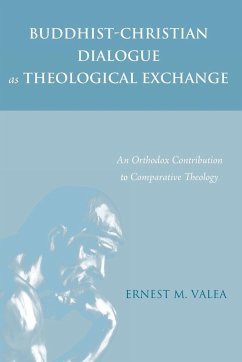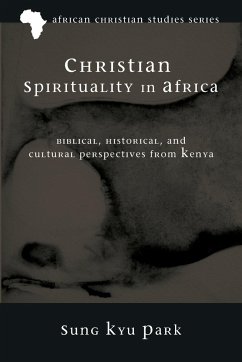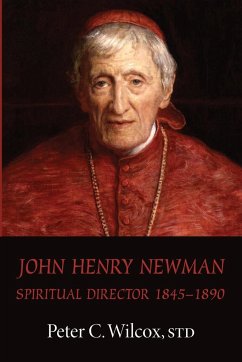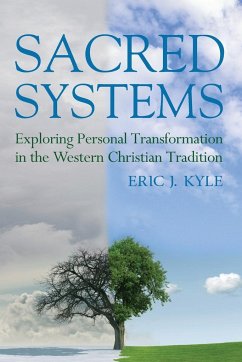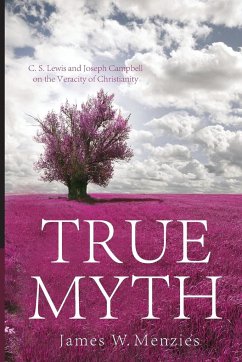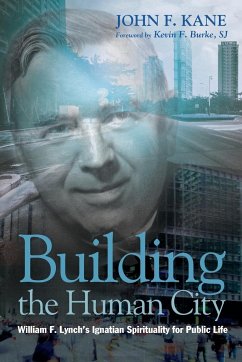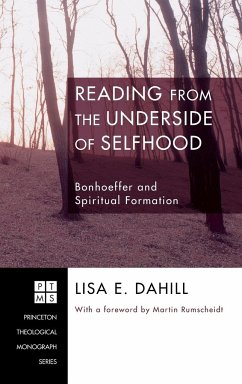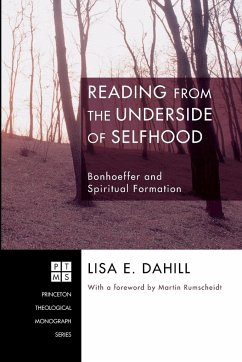This book is intended to encourage the use of comparative theology in contemporary Buddhist-Christian dialogue as a new approach that would truly respect each religious tradition's uniqueness and make dialogue beneficial for all participants interested in a real theological exchange. As a result of the impasse reached by the current theologies of religions (exclusivism, inclusivism, and pluralism) in formulating a constructive approach in dialogue, this volume assesses the thought of the founding fathers of an academic Buddhist-Christian dialogue in search of clues that would encourage a comparativist approach. These founding fathers are considered to be three important representatives of the Kyoto School--Kitaro Nishida, Keiji Nishitani, and Masao Abe--and John Cobb, an American process theologian. The guiding line for assessing their views of dialogue is the concept of human perfection, as it is expressed by the original traditions in Mahayana Buddhism and Orthodox Christianity. Following Abe's methodology in dialogue, an Orthodox contribution to comparative theology proposes a reciprocal enrichment of traditions, not by syncretistic means, but by providing a better understanding and even correction of one's own tradition when considering it in the light of the other, while using internal resources for making the necessary corrections.

